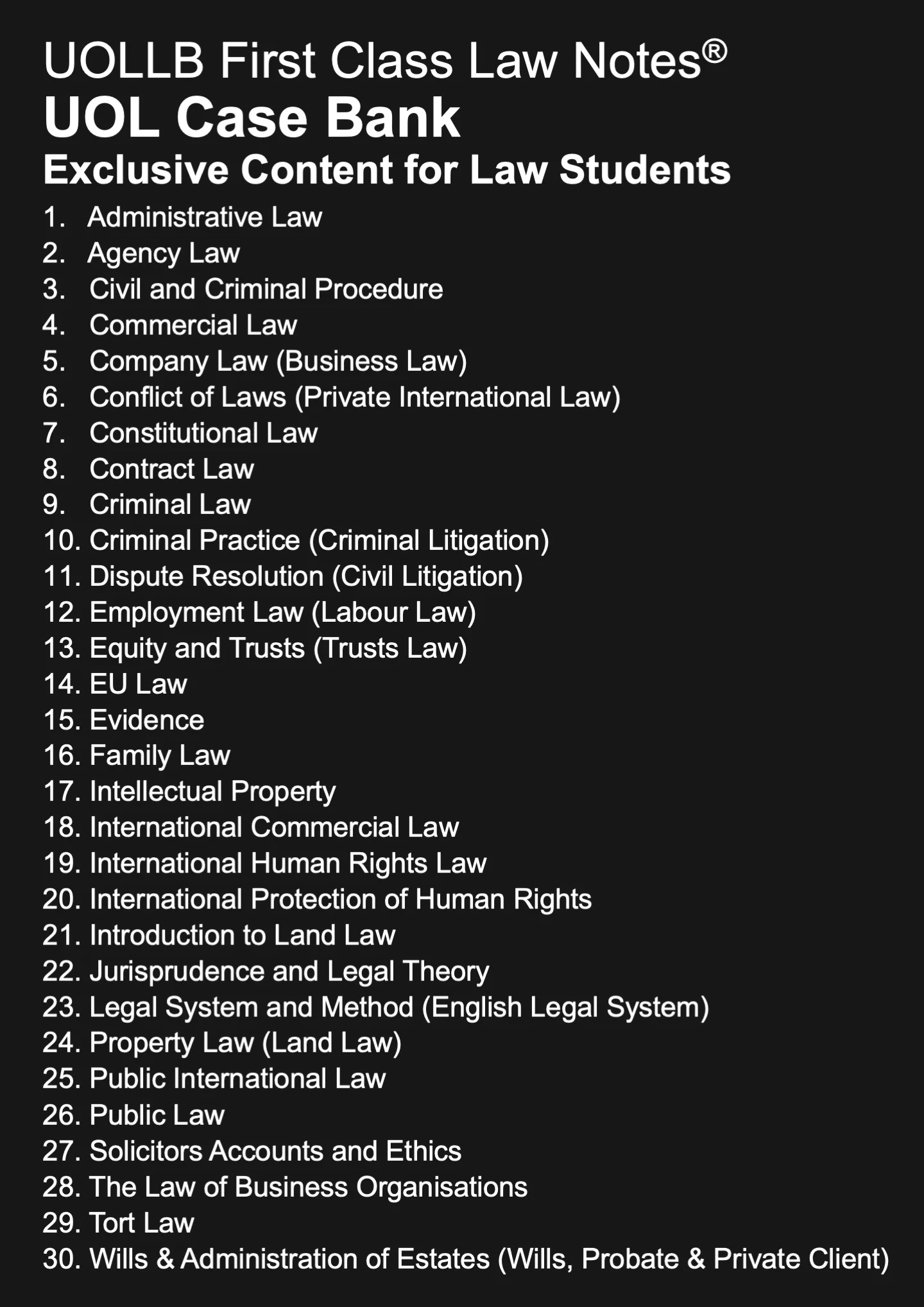United Nations Human Rights Council
Share
The United Nations Human Rights Council (UNHRC) is an intergovernmental body within the United Nations system responsible for promoting and protecting human rights worldwide. It was established in 2006 to replace the previous United Nations Commission on Human Rights, with the aim of strengthening the UN's human rights machinery and addressing its shortcomings.
Membership: The UNHRC consists of 47 member states elected by the United Nations General Assembly. The members serve for three-year terms and are selected based on equitable geographical distribution. The council membership allows for representation from different regions of the world.
Mandate: The primary mandate of the UNHRC is to promote and protect human rights globally. It addresses a broad range of human rights issues, including civil, political, economic, social, and cultural rights. The council examines human rights situations in different countries, conducts thematic studies, and engages in dialogues with governments, civil society organisations, and other stakeholders.
Universal periodic review (UPR): The UPR is a unique mechanism of the UNHRC, which involves a periodic review of the human rights records of all UN member states. It allows for a comprehensive assessment of each country's human rights situation, including the implementation of international human rights obligations and commitments. The UPR process encourages dialogue, recommendations, and cooperation to improve human rights practices.
Special procedures: The UNHRC appoints independent experts, known as Special Procedures mandate holders, to examine and report on specific human rights issues or country situations. These experts, also referred to as Special Rapporteurs or Special Representatives, work on a voluntary basis and play a crucial role in monitoring and reporting on human rights violations, providing recommendations, and promoting dialogue.
Resolutions and decision-making: The UNHRC adopts resolutions and decisions to address human rights concerns and promote accountability. The resolutions can be country-specific or thematic, focusing on specific human rights issues such as freedom of expression, women's rights, or the rights of indigenous peoples. The council's decisions and recommendations are not legally binding, but they carry moral and political weight.
Engagement with civil society: The UNHRC encourages the active participation of civil society organisations, human rights defenders, and non-governmental organisations in its work. These entities can submit reports, provide information, and engage in dialogues and consultations with the council and its mechanisms.
The UNHRC plays a crucial role in promoting human rights globally, addressing human rights violations, and providing a platform for dialogue and cooperation. However, like any international body, it faces challenges and criticisms, including concerns over membership composition, politicisation, and the selective focus on certain human rights issues. Nevertheless, the UNHRC remains an important forum for advancing the universal principles of human rights and working towards a more just and equal world.
Membership: The UNHRC consists of 47 member states elected by the United Nations General Assembly. The members serve for three-year terms and are selected based on equitable geographical distribution. The council membership allows for representation from different regions of the world.
Mandate: The primary mandate of the UNHRC is to promote and protect human rights globally. It addresses a broad range of human rights issues, including civil, political, economic, social, and cultural rights. The council examines human rights situations in different countries, conducts thematic studies, and engages in dialogues with governments, civil society organisations, and other stakeholders.
Universal periodic review (UPR): The UPR is a unique mechanism of the UNHRC, which involves a periodic review of the human rights records of all UN member states. It allows for a comprehensive assessment of each country's human rights situation, including the implementation of international human rights obligations and commitments. The UPR process encourages dialogue, recommendations, and cooperation to improve human rights practices.
Special procedures: The UNHRC appoints independent experts, known as Special Procedures mandate holders, to examine and report on specific human rights issues or country situations. These experts, also referred to as Special Rapporteurs or Special Representatives, work on a voluntary basis and play a crucial role in monitoring and reporting on human rights violations, providing recommendations, and promoting dialogue.
Resolutions and decision-making: The UNHRC adopts resolutions and decisions to address human rights concerns and promote accountability. The resolutions can be country-specific or thematic, focusing on specific human rights issues such as freedom of expression, women's rights, or the rights of indigenous peoples. The council's decisions and recommendations are not legally binding, but they carry moral and political weight.
Engagement with civil society: The UNHRC encourages the active participation of civil society organisations, human rights defenders, and non-governmental organisations in its work. These entities can submit reports, provide information, and engage in dialogues and consultations with the council and its mechanisms.
The UNHRC plays a crucial role in promoting human rights globally, addressing human rights violations, and providing a platform for dialogue and cooperation. However, like any international body, it faces challenges and criticisms, including concerns over membership composition, politicisation, and the selective focus on certain human rights issues. Nevertheless, the UNHRC remains an important forum for advancing the universal principles of human rights and working towards a more just and equal world.





















































